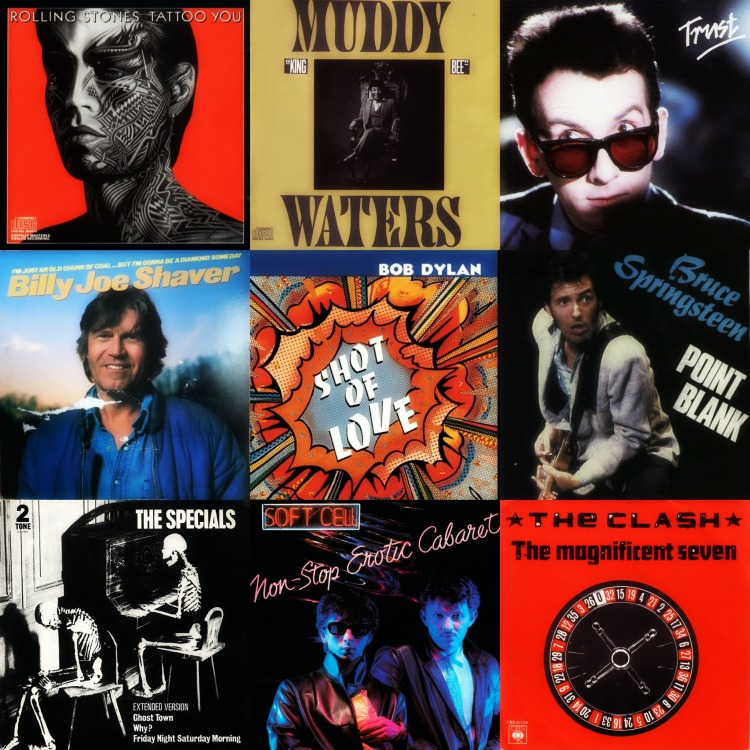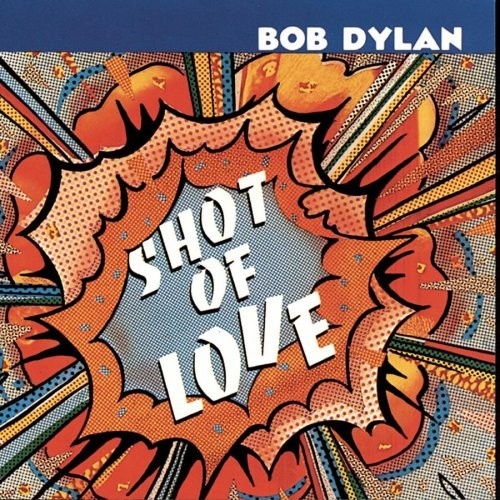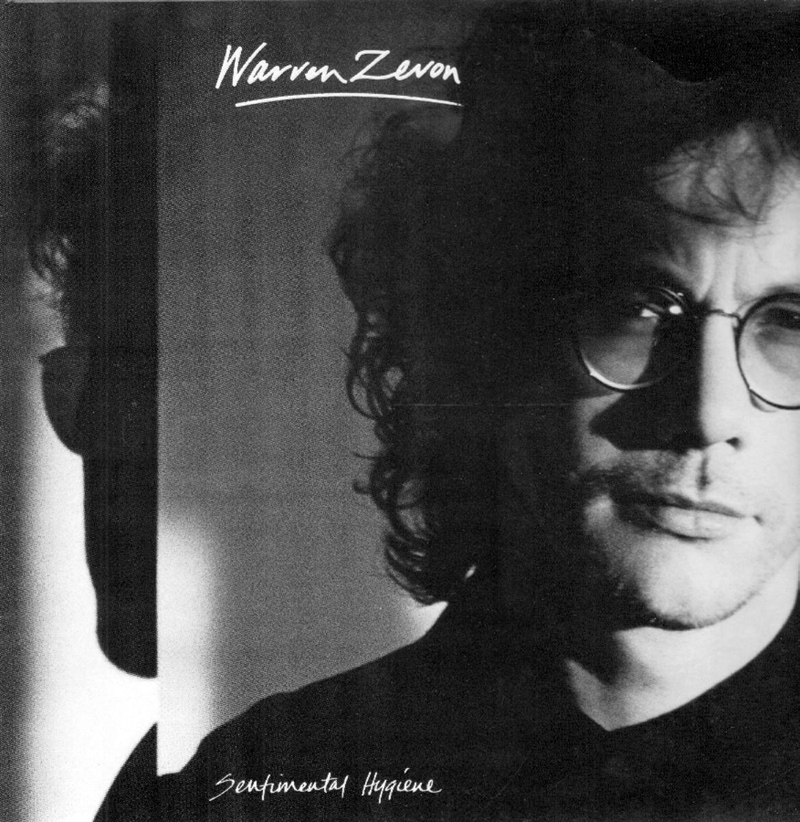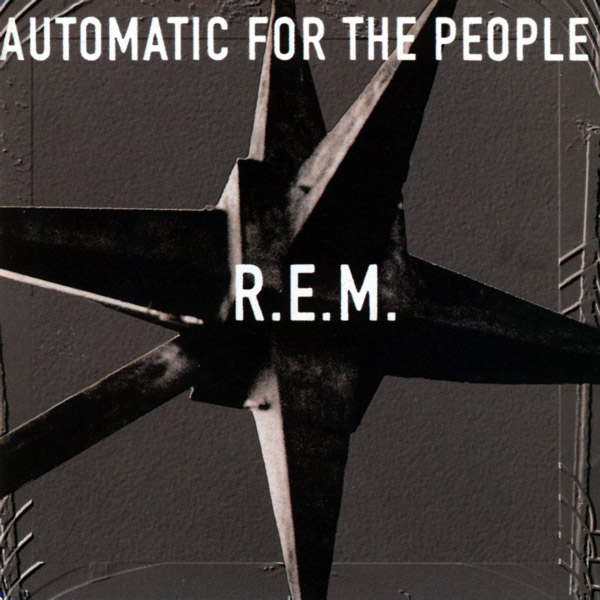
My rules:
- Only one song per artist/group
- The song must be released that specific year
- Songs from live albums not allowed
- Restricted to only 20 songs
–
Here are my 20 chosen songs released in 1981.
–
Every Grain of Sand – Bob Dylan

Written by Bob Dylan, recorded in Los Angeles in the spring of 1981 and released in August of that year on Dylan’s album Shot of Love.
–
[vc_row][vc_column][vc_message message_box_color=”mulled_wine” icon_fontawesome=”fa fa-quote-left”]The love in “Every Grain of Sand,” though firmly rooted in Dylan’s conversion experience and his Bible studies, immediately and obviously reaches beyond its context to communicate a deeply felt devotional spirit based on universal experiences: pain of self-awareness, and sense of wonder or awe at the beauty of the natural world.
-Paul Williams (Bob Dylan, performing artist:The Middle Years )[/vc_message][/vc_column][/vc_row]
–
[vc_row][vc_column][vc_message message_box_color=”mulled_wine” icon_fontawesome=”fa fa-quote-left”]In the time of my confession, in the hour of my deepest need
When the pool of tears beneath my feet floods every newborn seed
There’s a dying voice within me reaching out somewhere
Toiling in the danger and the morals of despair[/vc_message][/vc_column][/vc_row]
–
Continue reading “20 Songs Released in 1981 You Must Hear”

